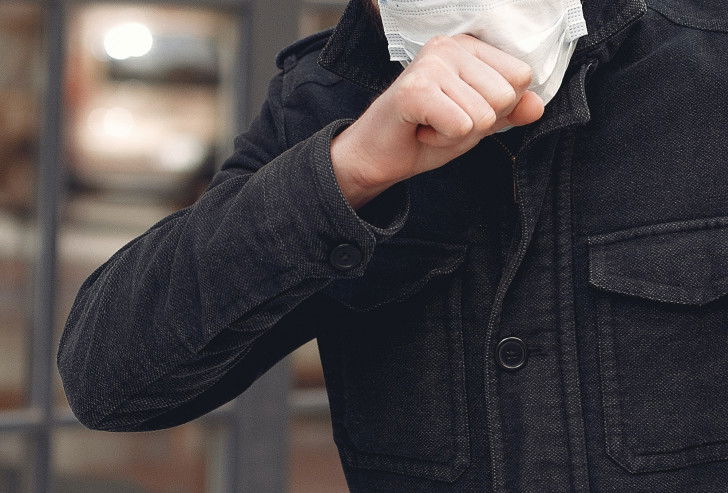America
Explained: What causes long Covid breathing problems

New York, March 21
Post Covid-19 breathing problems are caused by a condition known as lung fibrosis, when damaged lungs form scar tissue, which makes it difficult for lungs to expand and contract, according to researchers.
Researchers at Stanford University showed that overactivity of genes that regulate inflammation and immune responses leads to lung fibrosis.
Long Covid cases can be severely debilitating and resistant to treatment, said Gerlinde Wernig, Assistant Professor of pathology, at Stanford University.
What's worse, lung function can continue to decline, even without a new Covid-19 infection, Wernig said.
The finding published in the Proceedings of the National Academy of Sciences offers hope that, one day, targeted drugs could intervene to quell the genes behind the damage.
In the study, the team started by looking at lung tissue samples from five Covid-19 patients who had symptoms of the disease -- such as shortness of breath -- for one or more months. The lungs of people who had symptoms after infection with SARS-CoV-2 looked like the lungs of people with end-stage pulmonary fibrosis.
By analysing single cells from the patients' tissue samples, the scientists also saw similarities in the pattern of RNA production -- which can hint a cell's overall function -- between samples of tissue from long Covid patients and samples from patients with pulmonary fibrosis.
"We saw this same pattern across all human Covid lung samples," Wernig said.
As with other lung infections, the initial Covid-19 infection in the lungs kicked off an inflammatory process. In the case of long-Covid patients, however, the immune dysfunction keeps going long after the virus is gone -- similar to what happens in chronic pulmonary fibrosis.
To test whether lung fibrosis could be firmly connected to Covid infections, they looked at lung fibrosis in mice infected with a SARS-CoV-2-like virus and found significant increases in fibrosis and immune dysfunction.
"Innate immune cells go crazy after that infection," Wernig said, referring to the part of the immune system that forms the first line of defence against pathogens.
In a mouse model engineered to more closely represent human biology, researchers showed that, when the mice contracted SARS-CoV-2, scarring in the lung tissues shot up, as did levels of immune cells interleukin-6, CD47 and pJUN. There was also a bright side to these experiments.
"When we did the same experiments but blocked CD47 and Il-6, we saw very little fibrosis," Wernig said. "This hints at possible treatments for long Covid involving drugs that carry out targeted immune blockades."

52 minutes ago
NY Consul General meets Dalit Chamber of Commerce to strengthen business ties

54 minutes ago
Indian Naval Chief visits USS Daniel Inouye, Joint Base Pearl Harbor Hickam in US

1 hour ago
Gazans launch volunteer campaign to clean streets, restore infrastructure

1 hour ago
Israeli PM, Russian president discuss Middle East issues over phone

1 hour ago
US naval chief says utilising South Korea's nuclear sub to counter China is 'natural expectation'

1 hour ago
Kerala BJP denies links to Anand Thampi, says was Shiv Sena(UBT) member

1 hour ago
Assam prioritising awareness campaigns to combat drug menace

1 hour ago
Farmers urge TN govt to delay regulated irrigation as low storage threatens standing crops

1 hour ago
Brewing rift in Congress? Young MPs ‘frustrated’ over party's disruptive tactics in Parliament

1 hour ago
Mute and deaf Bengal fisherman dies in Bangladesh jail

1 hour ago
Vice-President Radhakrishnan hails CAG as guardian of Bharat's 'moral wealth'

1 hour ago
India’s youthful energy and Korea’s technology a win-win combination: Hardeep Puri

1 hour ago
Pune Labour Commissioner summons TCS over multiple layoff complaints by NITES






















